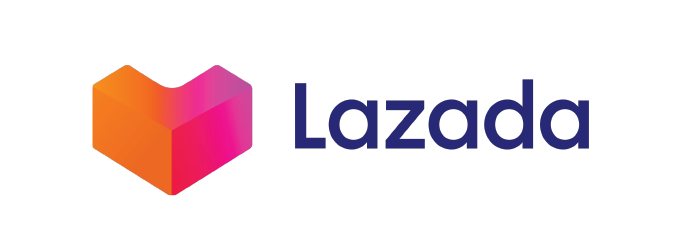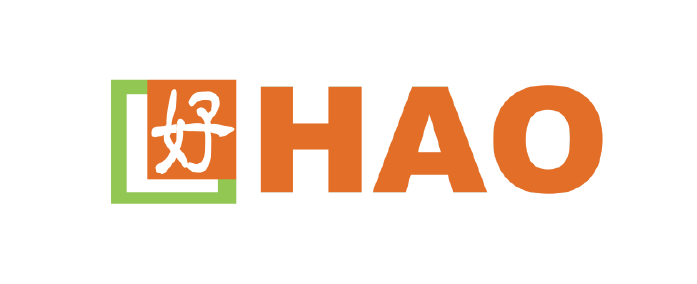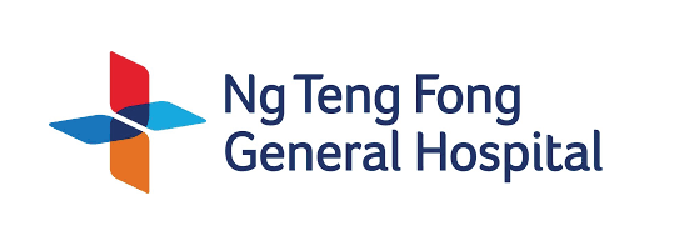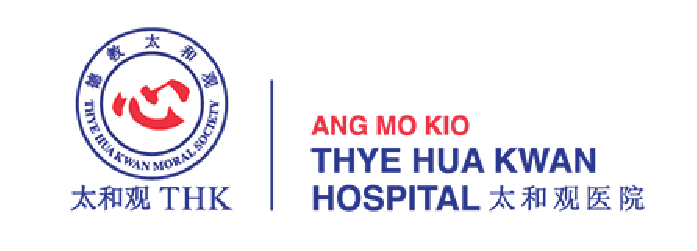
As we age, our bodies go through changes that can affect our nutritional needs. Elderly people may find it more difficult to absorb nutrients from food. It is also common for food intake to decrease through picky eating behaviours or difficulty consuming food.
Seniors with poor nutrition may experience:
- Loss of weight
- Loss of muscle mass
- Decreased bone density
- Other difficulties which make it harder to get the nutrition they need in order to stay healthy.
As a result, elderly people are at risk for developing nutritional deficiencies, illnesses and other health challenges.
It can become a vicious cycle, with some chronic illnesses made worse by poor nutrition, but also directly contributing to the poor nutrition problem.
We cannot emphasise enough the importance of proper nutrition in seniors. The direct and indirect benefits of good nutrition are numerous. Good nutrition is the foundation of health and supports (among many other things):
- Strength
- Healing
- An active lifestyle
- The growth of muscle tissue.
How can I improve my loved one’s nutrition?
Each individual is different and has specific needs, requiring the boosting of vitamins, minerals, fibre and caloric intake specific to their situation.
Nutrition can be improved and food intake increased by:
- Improving the meal-time experience
- Varying colours and textures of foods
- Sticking to a consistent schedule
One easy way to help elderly people get complete nutrition is to give them specially formulated elderly nutritional supplements. Just as infant formula is designed for growing bodies, these formulations are designed to meet the specific needs of seniors, and can help to prevent malnutrition and diseases such as type 2 diabetes and heart disease. Elderly nutritional supplements can play an important role in keeping elderly people healthy and in targeting specific dietary needs.
What forms of supplements exist on the market?
Elderly nutritional supplements come in many different forms, including powders and liquids. They can be taken alone or added to food or drinks. Some products are designed to be taken with meals, or even serve as meal replacements, while others can be taken at any time.
Elderly nutritional supplements are available without a prescription and can be purchased at stores that specialise in elderly care, like BW Generation.
Powder Supplements
- Powders are a popular option because they are easy to take and can be added to any food or drink
- They typically come in small packets that can be stored easily
- Some common powder supplements include Ensure and BOOST
Liquid Supplements
- Liquids are another popular choice, especially for those who have trouble swallowing or have decreased appetite
- They’re easy to take for most individuals
- Some common liquid supplements include Ensure, ProSure and BOOST shakes
What are some examples of elderly nutritional supplements?
There are many different types of elderly nutritional beverages and supplements on the market, some of the most common and popular are:
- Nutrient-dense supplements for increased nutritional needs
- High-protein supplements for people with weight and muscle loss
- Isotonic nutrition for people with diabetes
- Renal nutritional supplements for individuals on dialysis
What is the next step I should take?
As each situation is different, always check with a medical professional to help get a better understanding of your needs. This is especially important if weight loss or a change in eating habits have been experienced. There could be an underlying medical condition that needs addressing.
Once you know exactly what your loved one needs, you’ll be equipped to start making adjustments and improving their overall nutrition needs, step by step.








